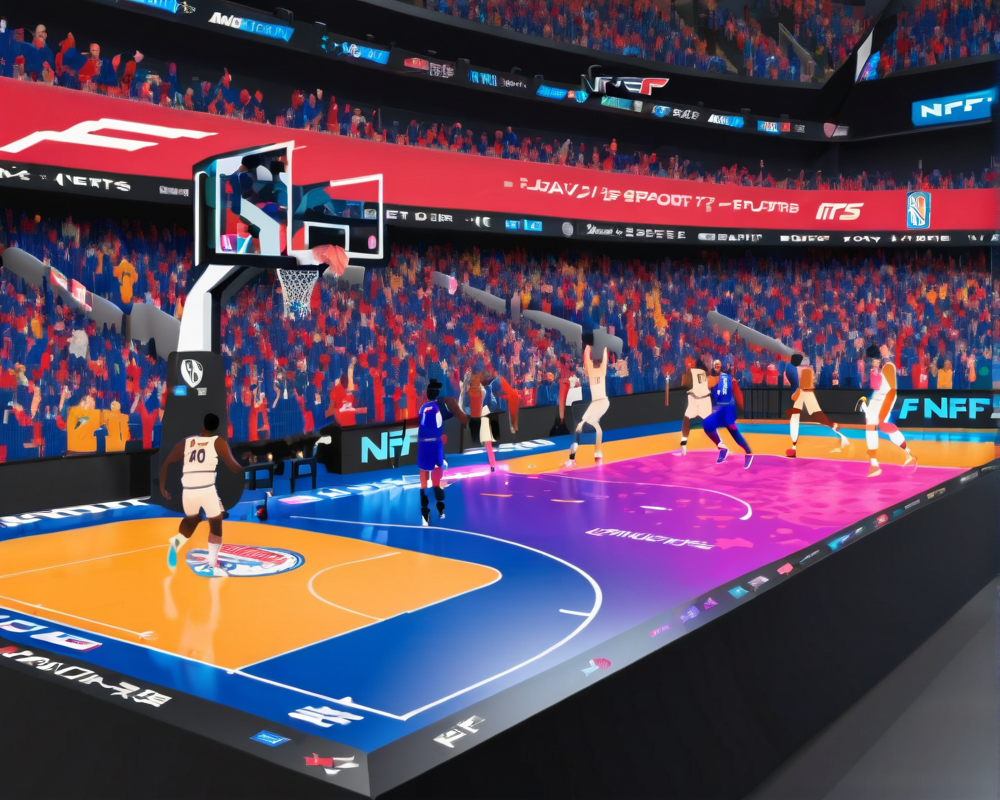Transforming Urban Governance
In a bid to make urban life smoother and more efficient, Beijing has partnered with Huawei to create a cutting-edge blockchain directory. This initiative represents a leap toward improving government services while fostering a vibrant business atmosphere. While still in its experimental phase as of August 24, the signs of potential are promising.
Embracing Blockchain and Smart City Technologies
Beijing’s foray into blockchain doesn’t stop at governance. It’s a significant part of a broader investigation into smart city technologies. Alongside the beloved blockchain, the city is also exploring the glamorous realms of 5G, artificial intelligence, and cloud computing to enhance urban innovation.
- 5G: Fast as lightning, enhancing communication across services.
- Artificial Intelligence: Smarter services that learn and adapt.
- Cloud Computing: Scalable solutions to manage data effectively.
Connecting Municipal Departments
Throughout 2019, the collaboration between Beijing and Huawei resulted in a blockchain directory linking over 50 municipal departments. This venture aims to facilitate seamless data exchange and management, making it easier for departments to share important information and insights.
Applications Galore: Real-World Impact
The applications of this blockchain system are vast. They range from real estate management, which improves the home-buying experience, to
healthcare, ensuring a swift response during pandemics. Some other notable applications include:
- Efficient communication between citizens and the mayor’s office
- Streamlined services for road parking
- Enhanced utility management (water, gas, and electricity)
This wide array of applications promises that regular folks will be the true winners, enjoying the dividends of modernized urban services.
Huawei’s Backbone: Cloud Blockchain
What powers this ambitious directory? Huawei’s proprietary Cloud Blockchain is at the center. It offers functionalities that include:
- Real-time data management
- Effective rights management
- Data synchronization and exchanges
- Permissioned access management
- Traceability of transactions
Integrating New Technologies for a Modern Future
The report suggests that the integration of blockchain will significantly enhance the city’s modernization goals. It serves as a bridge for aligning advanced technologies with urban service strategies. Not to be left behind, China is pushing forward with its national project— the Blockchain Service Network— planning to incorporate stablecoins as a payment option for services within its enterprise framework.
As we move toward a future with digital currencies and increased reliance on technology, Beijing’s efforts can be seen as a model for other cities seeking to integrate these innovations. The road ahead is bright, but it’s going to take some serious commitment and clever innovation to get it just right.




